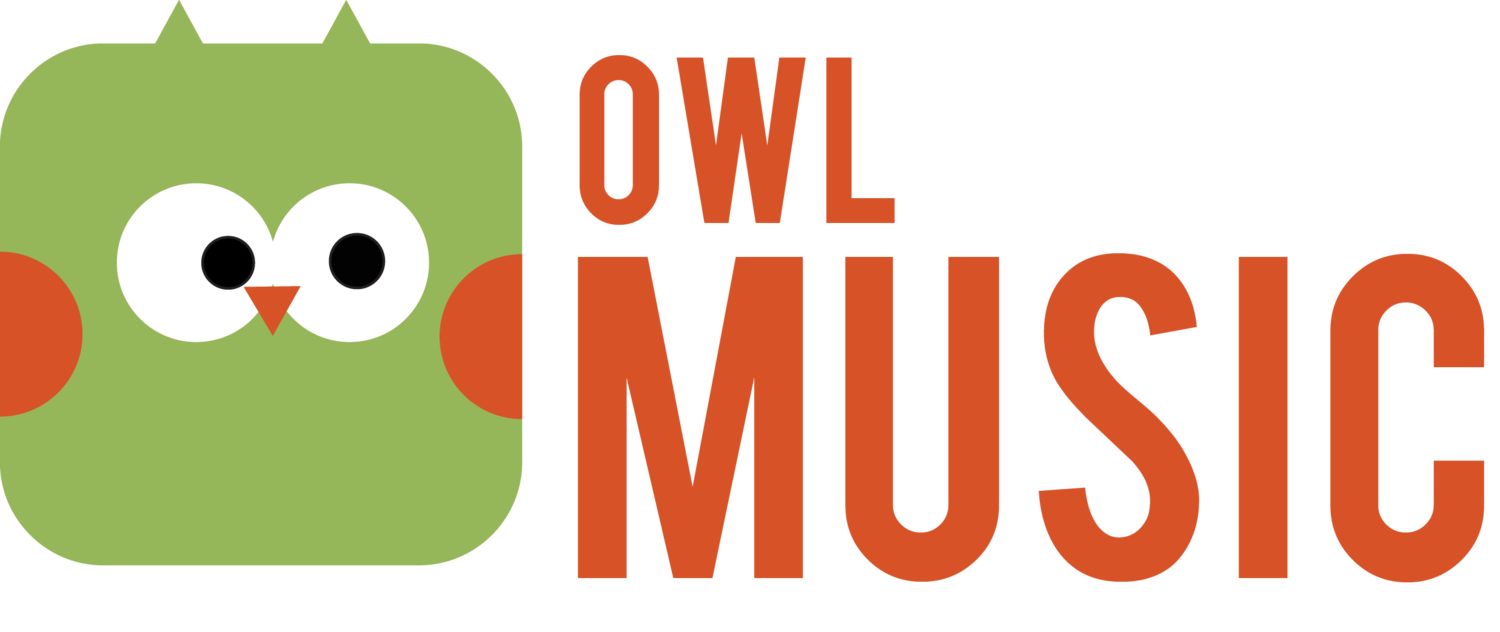Can you hear music in your imagination? Great musicians insist that it’s not only possible to “hear” music in your mind but that it’s actually essential to do so. A famous pianist once said that if you play before you hear, your performance will be built on accidents, so you must get the order right by hearing before playing. And a famous trumpeter known for flawless performances under high pressure remarked that he simply plays what he hears in his imagination. And of course Beethoven famously composed music after losing his hearing.
It seems that having a musical imagination is essential for musical performance, but do we have an innate ability to hear music in our minds? I haven’t conducted any research on the subject, but my years of experience working with young musicians has shown me that although beginners don’t usually have the ability to imagine music, they can develop it and the more they work at it, the more fully it develops.
What’s the best ways to develop your musical imagination, to increase your ability to “hear” music in your mind? To develop a sense of what we’d like to hear when performing, we have to have a reservoir of sounds in mind. Listening to great players and absorbing their sounds is the best way to do this. Luckily, we have a wealth of great musicians available to listen to online. (I maintain a list of great players on the “instruments” page of this website and encourage my students to use this resource.)
There’s a mistaken notion that we should try to develop our own sound as soon as possible. In fact, the best approach is to imitate the sounds of different players. No beginner can have a truly original sound. If we work hard and imitate many great players, we may over a long time of practice and dedication develop our own sound. Even Louis Armstrong didn’t sound like Louis Armstrong when he started playing.
My advice for music students in brief: listen, love, imitate, repeat.

